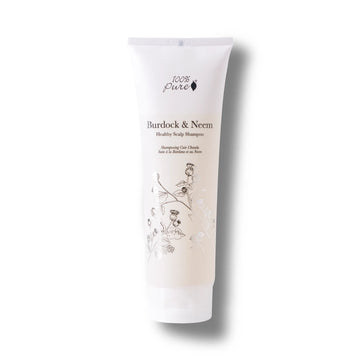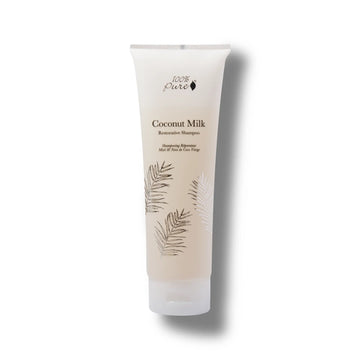Setting Straight Common Hair Misconceptions
Written by: 100% PURE®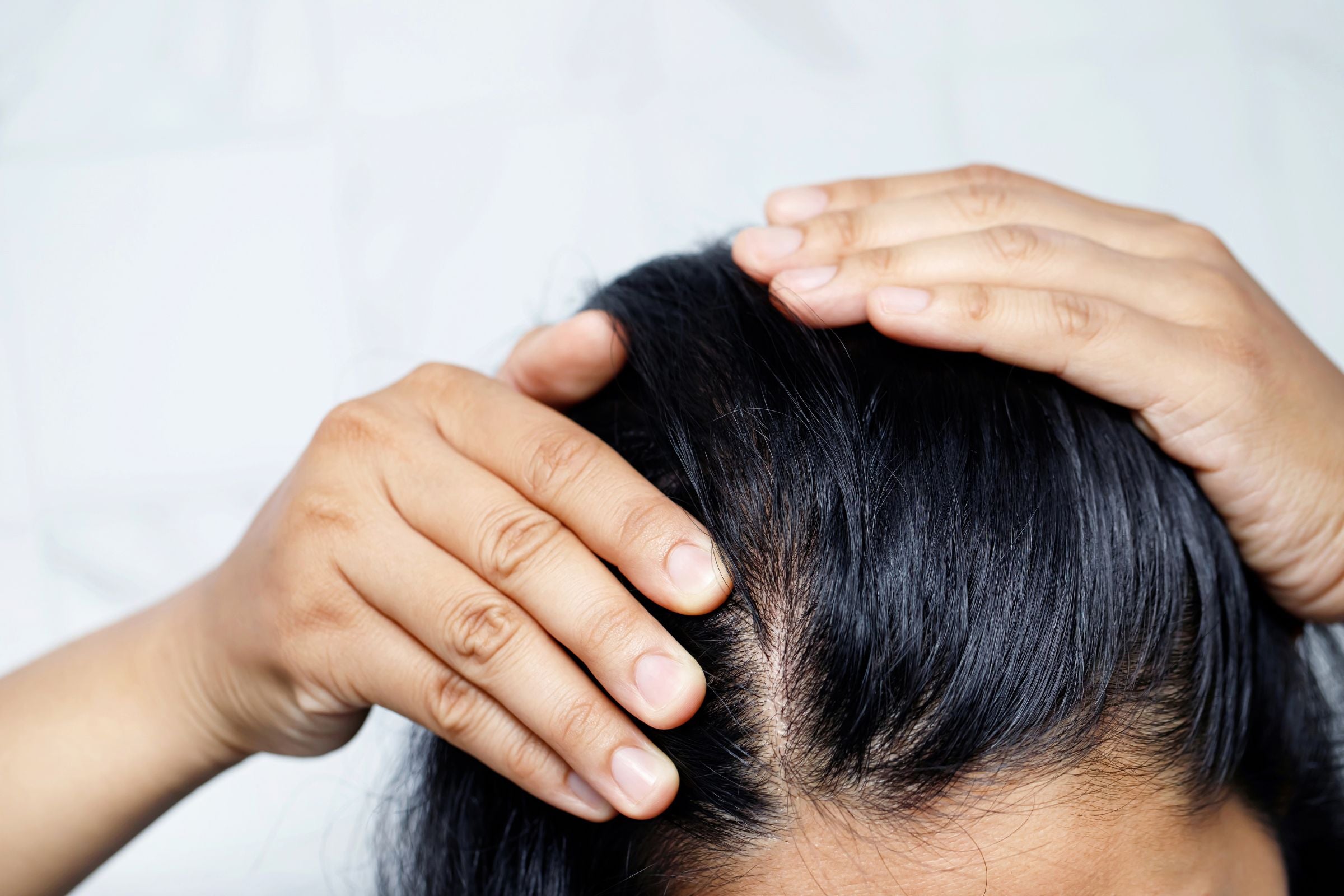
Hair myths often hold significant sway over one's daily hair care routine, shaping the products we choose, the treatments we undergo, and the practices we follow. These misconceptions, such as the belief that frequent haircuts stimulate faster growth or that daily shampooing is essential, can lead to ineffective or even detrimental habits.
In the quest for healthy and lustrous locks, it becomes paramount to sift through these myths and rely on accurate information, as doing so can empower individuals to make informed decisions that truly benefit their hair's health and appearance.
Hair care is an arena rife with myths and misconceptions that often lead to ineffective or counterproductive routines. Let's dissect some of these hair myths:
Myth 1: Frequent trims make hair grow faster.
Origin: This myth likely originated from the observation that freshly trimmed hair appears healthier and more vibrant.
Fact: Hair growth occurs at the scalp, and trimming the ends does not impact the speed of growth. However, regular trims can maintain healthy hair by preventing split ends and breakage.
Myth 2: Brushing hair 100 strokes a day promotes shine.
Origin: This myth has historical roots and may have been popularized as a beauty practice.
Fact: Excessive brushing can damage hair, causing breakage and dullness. Gentle, as-needed brushing is sufficient for detangling and distributing natural oils, which can promote shine.
Myth 3: Hair should be washed every day.
Origin: Daily washing likely comes from a desire for cleanliness and freshness.
Fact: Frequent washing can strip the scalp of natural oils, leading to dryness and increased oil production. Most people benefit from washing their hair 2-3 times a week, adjusting based on hair type and activity level.
Myth 4: Stress can turn your hair grey.
Origin: This myth may have arisen from anecdotal observations linking stressful periods to hair turning grey.
Fact: Premature silver strands are primarily influenced by genetics. While stress can exacerbate certain hair issues, it doesn't directly cause hair to turn grey.
Myth 5: Color-treated hair is unhealthy.
Origin: Concerns about the chemicals in hair dyes have led to this belief.
Fact: High-quality hair dyes, when used correctly, are generally safe and can even improve the appearance of damaged hair. However, improper application or excessive use can lead to damage.
Myth 6: Dandruff signifies a dry scalp.
Origin: This myth likely developed from the assumption that flaking is solely due to dryness.
Fact: Dandruff is often caused by an overgrowth of a yeast-like fungus and is not exclusively related to dryness. It can also result from excessively oily skin.
Myth 7: Hair loss comes from the mother's side only.
Origin: This myth is a misunderstanding of genetic inheritance.
Fact: Hair loss is influenced by multiple genes from both parents, and it's not determined solely by the maternal side. Both sides of the family contribute to an individual's risk of hair loss.
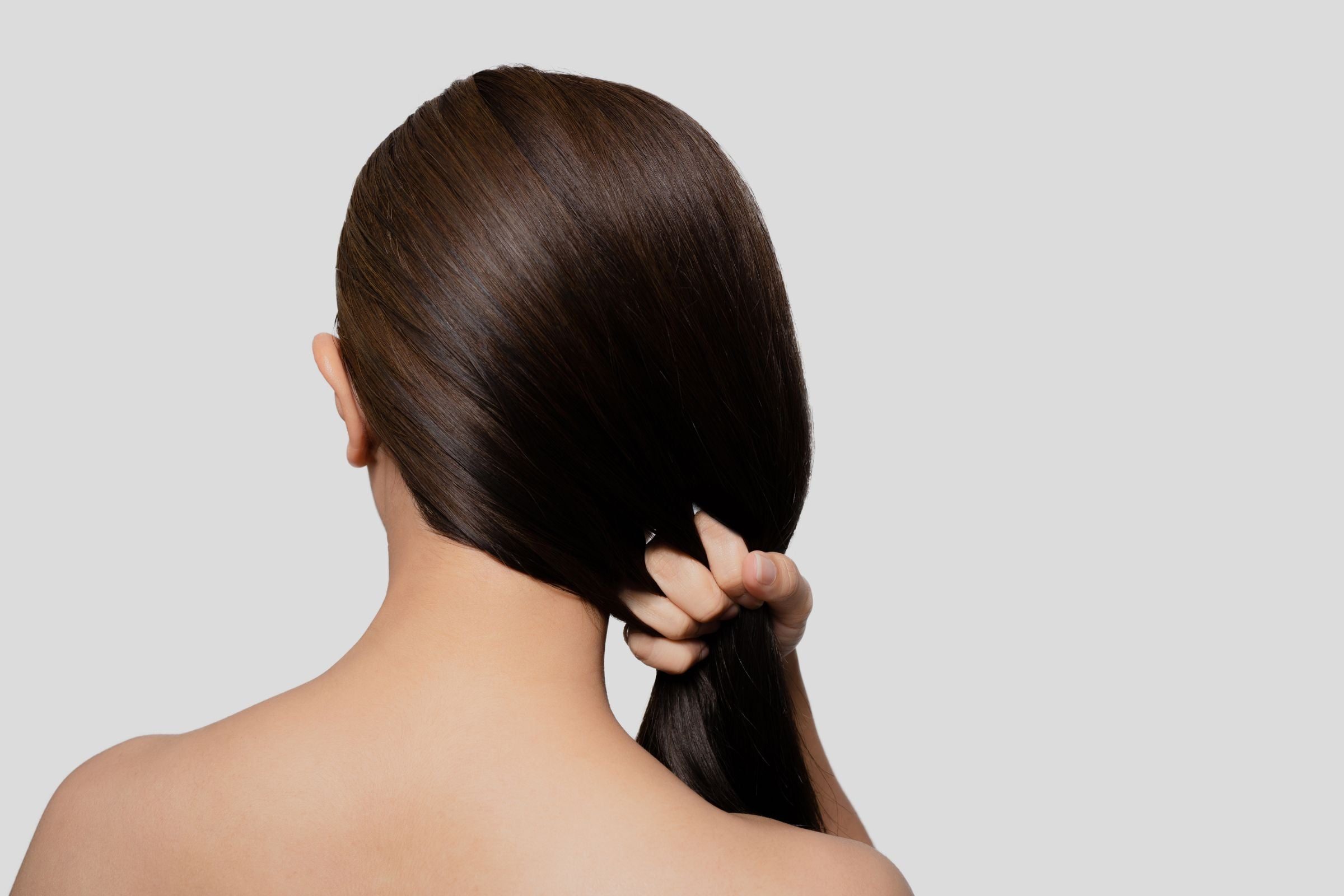
Myths surrounding hair care have been prevalent for centuries, passed down through generations, and often perpetuated by word of mouth, cultural beliefs, and even marketing campaigns. These myths can have a significant impact on our hair care routines, often leading to misguided practices that can negatively affect our hair health. In contrast, a scientific understanding of hair and its care is crucial for maintaining healthy locks.
Myths can lead to incorrect practices: Hair care myths can convince individuals to adopt practices that may seem intuitive but are, in fact, detrimental to their hair. For example, misconceptions about trimming hair for faster growth can lead to unnecessary haircuts and stunted growth.
The importance of scientific understanding in maintaining hair health cannot be overstated. It helps us understand the structure and biology of hair, including its growth cycles, composition, and how different factors like genetics, nutrition, and environment affect it. When hair issues arise, medically correct information allows for accurate diagnosis and effective solutions. This is especially crucial for addressing conditions like alopecia or dandruff.
Stepping towards informed hair care practices is a crucial step in ensuring the health and beauty of your hair. Here, we not only encourage readers to seek accurate information but also introduce a range of reliable 100% PURE products designed to promote healthier hair care. These products are made with natural ingredients known for their beneficial effects on hair. Let's take a closer look at each of them:
1. Burdock and Neem Healthy Scalp Shampoo
This shampoo is formulated to promote a healthy scalp by addressing issues such as dandruff, dryness, and irritation. The key ingredients burdock and neem have antibacterial and antifungal properties, while rosemary and tea tree oil soothe and nourish the scalp.
2. Burdock and Neem Healthy Scalp Conditioner
Designed to complement the Healthy Scalp Shampoo, this conditioner helps maintain a balanced scalp while also providing hydration and detangling benefits. Kelp, burdock, and neem moisturize the hair.
3. Honey and Virgin Coconut Restorative Shampoo
This shampoo is ideal for those looking to restore moisture and shine to their hair. Honey and virgin coconut oil provide deep hydration and promote a healthy scalp.
4. Honey and Virgin Coconut Restorative Conditioner
Pair this conditioner with the Restorative Shampoo for a complete hair care routine. Its ingredients nettle and virgin coconut oil help strengthen damaged hair, leaving it soft, smooth, and manageable.
5. Argan Oil
100% Pure Argan oil is known for its nourishing and moisturizing properties. It can be applied to damp or dry hair to add shine, reduce frizz, and protect against environmental damage. It's also excellent for treating split ends and promoting hair elasticity.
This serum is designed to stimulate hair growth and strengthen hair follicles. Rosemary oil is known to promote circulation to the scalp, while horsetail and nettle extracts provide essential nutrients for healthier, thicker hair.
Informed hair care practices involve choosing products free from harmful chemicals and natural ingredients that benefit your hair and scalp. 100% PURE products are committed to using high-quality, pure ingredients to help you achieve healthier and more beautiful hair.
Newsletter Subscribe
for more blog updates and exclusive discounts
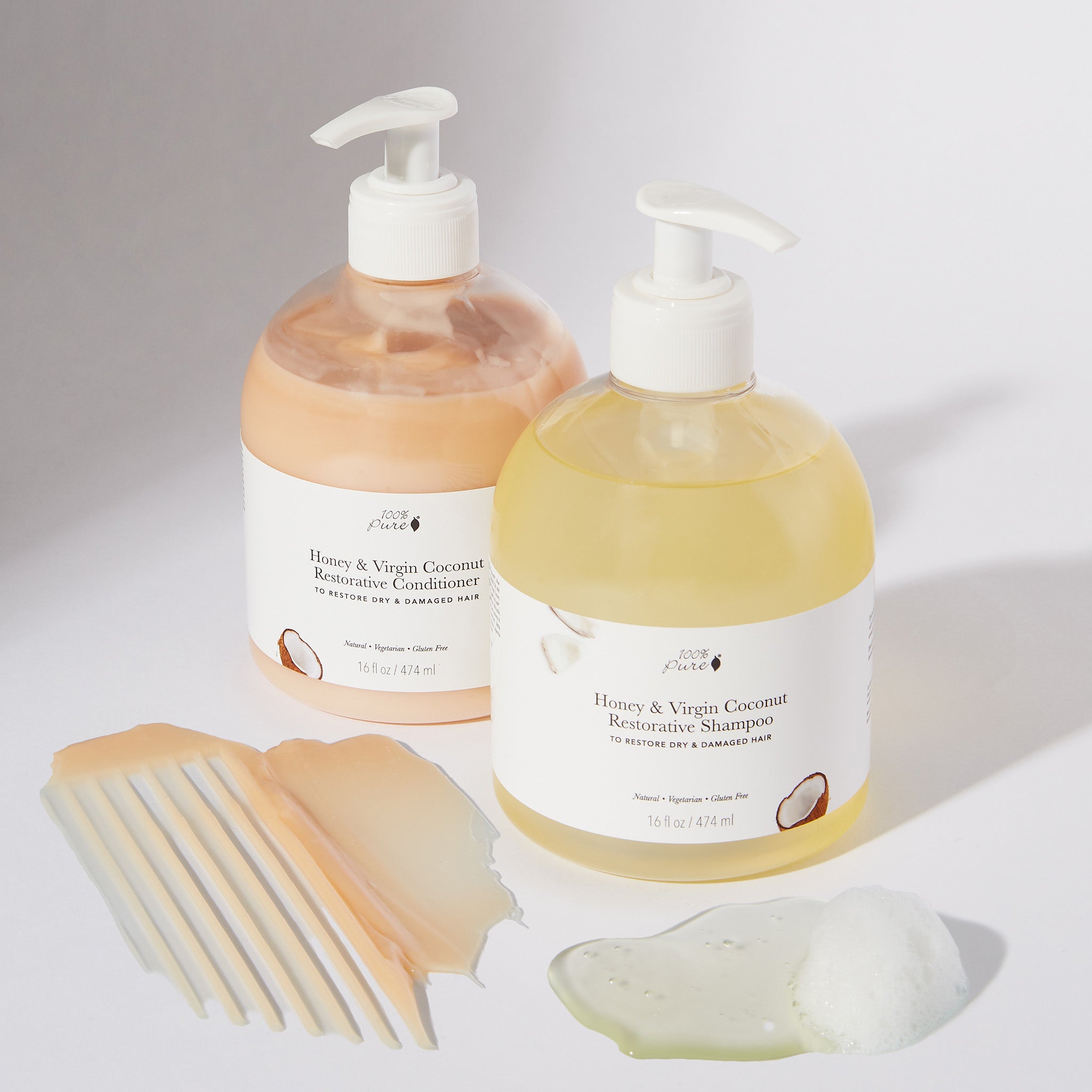
How can I differentiate between a hair myth and a fact?
To differentiate between a hair myth and a fact, rely on scientific sources and reputable experts. Look for peer-reviewed articles, dermatologists' advice, and studies to validate claims. Be cautious of anecdotal evidence and scrutinize information that lacks credible backing.
Where can I find reliable information about hair care?
Reliable information about hair care can be found in reputable sources like medical websites, dermatologist blogs, and established hair care brands. Avoid unverified social media advice and prioritize information from experts with credentials in the field.
Are there any common hair care practices that are harmful?
Yes, some common practices like excessive heat styling, over-washing, and aggressive brushing can damage hair. It's essential to strike a balance between styling and protecting your hair's health.
How often should I cut my hair?
The ideal frequency for cutting your hair depends on your hair type and goals. Generally, every 6-8 weeks is recommended to prevent split ends and maintain a healthy appearance.
What is the ideal hair-washing frequency for maintaining healthy hair?
Hair washing frequency varies based on hair type. For most, washing 2-3 times a week is sufficient. Over-washing can strip natural oils, while under-washing can lead to oil buildup. Adapt your routine to your specific needs, considering factors like hair texture and activity level.
In summary, dispelling hair care myths is vital for optimal hair health. We've explored how prevalent hair care myths can lead to incorrect practices, misguided product choices, and even unnecessary stress and anxiety about our hair health.
This is why we encourage our readers to share their experiences with hair myths. Have you encountered any hair-related misconceptions in the past, and how did you discover the truth? Sharing your experiences can help debunk myths and empower others to make informed choices in their hair care routines. Together, we can create a community that promotes healthier and more informed hair care practices.
- Tags: Hair, October-2023
We carefully hand-select products based on strict purity standards, and only recommend products we feel meet this criteria. 100% PURE™ may earn a small commission for products purchased through affiliate links.
The information in this article is for educational use, and not intended to substitute professional medical advice, diagnosis, or treatment and should not be used as such.





